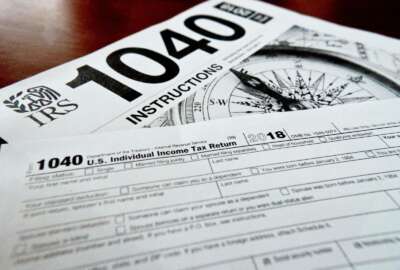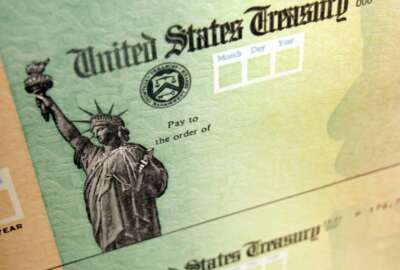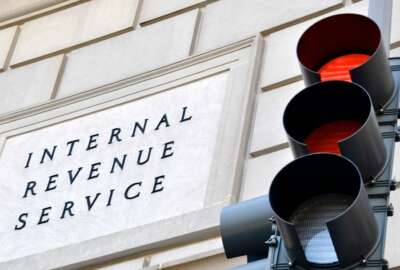
More time to do your taxes — now what?
Doing your taxes can be a daunting task, but it's one you can't avoid. It's worth taking the steps to make sure you are getting the most or paying the least pos...
Question: How is doing your taxes like piloting a thousand foot ship through the Suez Canal?
Answer: If you mess up, lots of people are going to notice! Lots!
Which is why…
The good news/bad news for 2021 tax filers is the same: You have 32 extra days (until May 17th) to file your federal taxes.
People who are due refunds probably filed as early as possible. Those who are going to owe have less incentive to hurry.
In addition to being our civic duty, paying our share of democracy, etc. — a very real incentive for paying the right amount, on time, is to keep the IRS happy. Nobody wants an all expense-paid vacation at a federal penitentiary, which of course is a worse case scenario.
So the topic of today’s Your Turn radio show is how to make the most out of the extended tax filing deadline while avoiding trouble with the IRS. D.C. area tax attorney Tom O’Rourke will be on hand to answer questions and tell us how to navigate the next few weeks. The show is live at 10 a.m. streaming here or on the radio in the Washington D.C. metro area at 1500 am. It will also be archived on our home page so you can listen again, listen later or pass it on to a friend in need. Meantime, Tom gives us this sneak preview of things you should be thinking about as you prepare to tackle this very important annual chore. Remember, if you have questions for Tom, send them to mcausey@federalnewsnetwork.com before showtime.
Here’s Toms’ checklist:
On the show last month we discussed how to stay out of trouble with the IRS. When I last appeared live on the show (2/17/2021) we discussed how to stay out of trouble with the IRS.
While staying out of trouble with the IRS is a common goal, an even more common objective is how to pay the least amount possible. The last major tax reform bill in 2017 amended the tax code to eliminate a number of tax deductions claimed by individual taxpayers. Specifically, the dependency exemption was eliminated, the deduction for state and local income tax was limited to $10,000, and miscellaneous itemized deductions (union or professional dues, job related educational costs, uniforms, investment fees, and a home office deduction) were eliminated.
A number of significant tax saving opportunities remain. For federal employees, they merely need to look to their federal benefits package to find a number of legally permissible tax saving strategies. The most significant tax saving tools available to federal employees include the following:
- The TSP (either Roth or Traditional).
- The federal flexible spending account (FSA).
- The federal dependent care assistance account.
- Paying your health insurance on a pre-tax basis.
- Contributing to a deductible heath savings account (HSA). This is only available if you are enrolled in a high deductible health insurance program.
In addition to the tax saving benefits available to all federal employees, there are additional tax saving opportunities available to all taxpayers regardless of how they earn their income. Some of the most significant tax savers are as follows:
- The ability to shelter as much as $500, 000 in profit from the sale of your primary residence.
- Contributing to either a traditional or Roth IRA.
- Investing in tax favored educational savings plans such as a section 529 plan.
- Investing in assets that generate tax fee income (i.e. tax exempt bonds).
- Investing in assets that produce tax favored income such as dividends or capital gains.
With a little thought and planning most individuals can take steps to ensure that they minimize their liability and remain in full compliance with the tax law.
Nearly Useless Factoid
By Alazar Moges
Ever wonder how fortunes get inside of fortune cookies? The cookies are baked as flat circles. After they are removed from the oven, slips of paper are folded inside while the cookies are still warm and flexible. As the fortune cookies cool, they harden into shape.
Source: Library of Congress
Copyright © 2024 Federal News Network. All rights reserved. This website is not intended for users located within the European Economic Area.
Mike Causey is senior correspondent for Federal News Network and writes his daily Federal Report column on federal employees’ pay, benefits and retirement.
Follow @mcauseyWFED
Related Stories

SSA ‘aggressively worked’ to give IRS data to process 30M stimulus payments




